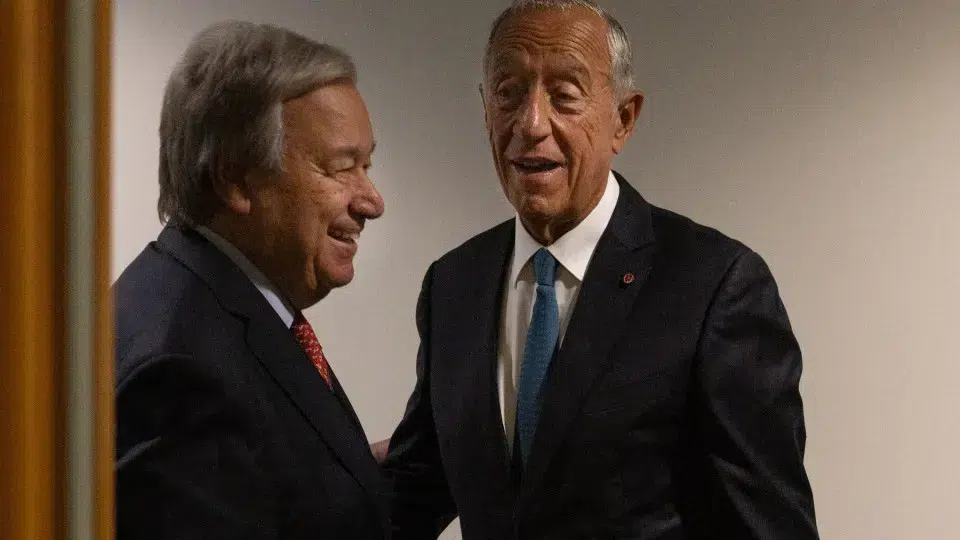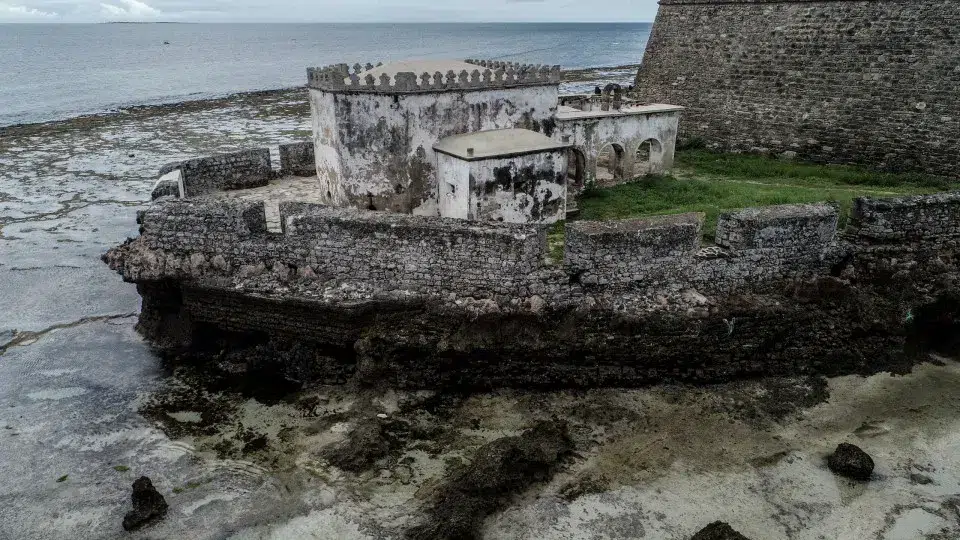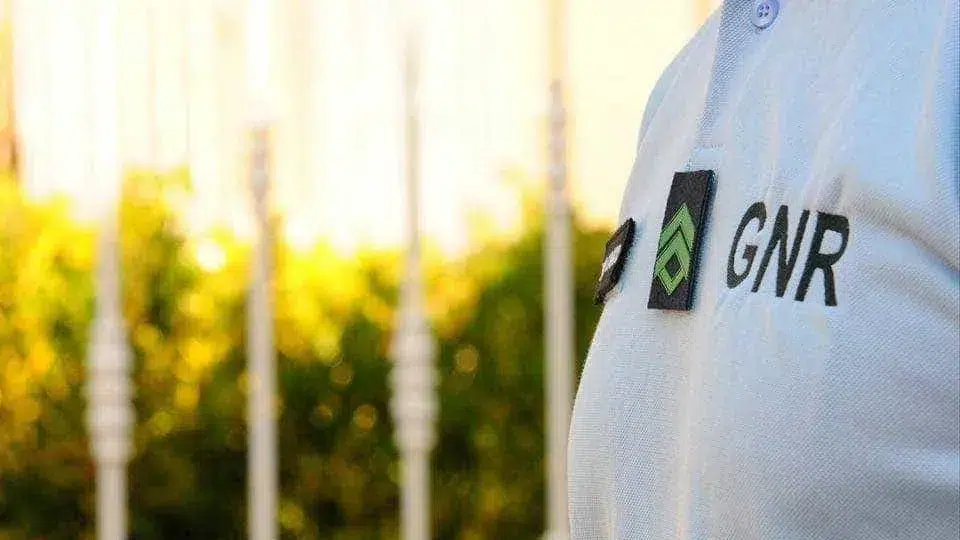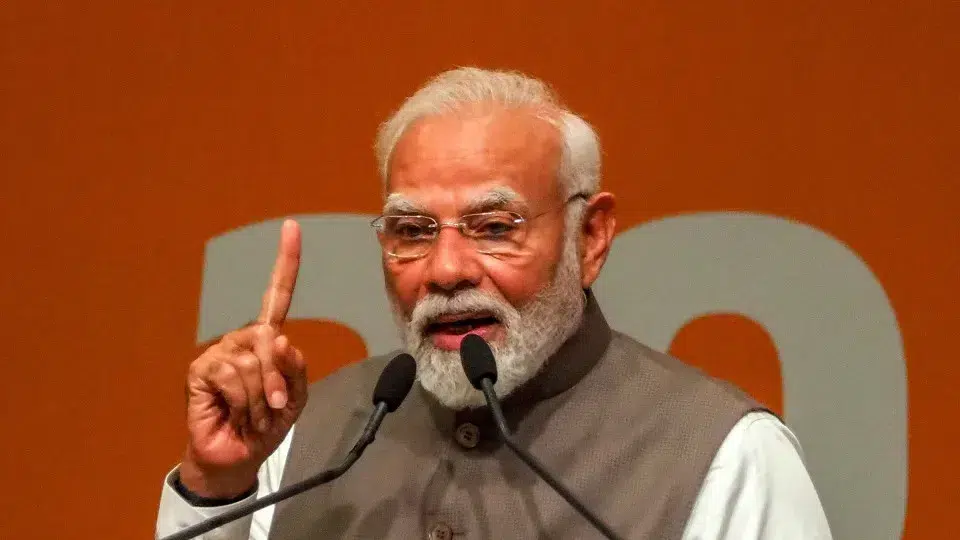
Today, Marcelo Rebelo de Sousa will meet with the United Nations Secretary-General António Guterres and will attend the High-Level Session marking the 80th anniversary of this organization, founded in 1945 and joined by Portugal in 1955.
On Sunday, the Minister of State and Foreign Affairs made a formal declaration of recognition of the State of Palestine at Portugal’s Permanent Mission to the United Nations. This was pre-announced on Friday, on the same day that the United Kingdom, Canada, and Australia also communicated their recognition.
In his statement, Paulo Rangel mentioned that the Portuguese Government’s decision was made after a consultation process, “in which there was a convergence between the President of the Republic and a broad majority of parliamentary seats.”
Representing the government, the minister emphasized that “it is in this exact context that the President of the Republic will represent Portugal at today’s high-level conference session,” organized jointly by France and Saudi Arabia.
Upon arrival in New York on Saturday, Marcelo Rebelo de Sousa told journalists that the decision to recognize the State of Palestine has his “full support” and aims to “open yet another possibility” for a two-state solution, distancing from “radicalisms” opposing this possibility.
The head of state highlighted that the government “is the competent body to formally make the decision,” but conducted this process “in permanent connection with the President of the Republic, and certainly taking into consideration the recommendations of the Assembly of the Republic.”
Marcelo Rebelo de Sousa, who will remain in New York until Wednesday, will speak on the first day of the general debate of the 80th session of the UN General Assembly on Tuesday, where he will be the 11th head of state to deliver a speech according to the provisional order of interventions.
This will be his sixth and final representation of Portugal in the annual debate between heads of state and government of the 193 UN member states, having also participated in 2016, 2018, 2019, 2021, and 2023.
Portugal, which launched António Guterres’ successful candidacy for UN Secretary-General in 2016, who was subsequently reappointed in 2021 with a mandate until the end of 2026, is a candidate for a non-permanent seat on the UN Security Council for the 2027-2028 term.
Today and in the coming days, on the sidelines of the UN General Assembly, the President of the Republic and the Foreign Minister will continue bilateral meetings to promote Portugal’s candidacy for a seat on the Security Council to be elected in 2026, for which Germany and Austria have also submitted their candidacies.




